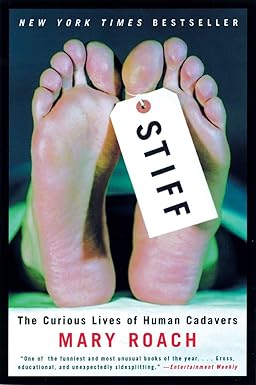
I've been taking my time working through Mary Roach's books. (Fortunately, the Portsmouth (NH) Public Library book-selector seems to be a fan as well.) This one is from 2003, and it's Mary's usual travel guide into weird, gross, and (occasionally) hilarious topics that would be considered off-limits in polite dinner party conversation. In this case, as the subtitle says, it's about dead people and what can happen to their bodies (or parts).
There are a lot of possible paths and destinations: organ donation, of course; anatomy class; crash testing; wound research; testing the authenticity of the Shroud of Turin; cannibalism. And more.
One of Mary's investigations takes her to the island of Hainan to investigate reports of cannibalism. Reader, it's not a tourist spot.
Another fun fact: painter Diego Rivera was not just a fan of Marxism also cannibalism!
Mary is often irreverent, with a smart-ass remark never far away. I get the feeling that her everyday conversation can be considerably more R-rated than the prose that makes it into her books. But some things are (literally) dead serious here; one example is her description of the detective work carried out on the recovered bodies from the doomed TWA Flight 800 in 1996. Was it a bomb? A missile? A bolide? Theories abounded, but the investigators managed to debunk them, thanks to clues provided by the corpses.
It never hurts (much) to be reminded that our survivors are going to need to somehow dispose of our remains, and Mary devotes a couple final chapters discussing possible alternatives. There are a lot of them! One intriguing one was "alkaline hydrolysis", which involves a few hours in a pressure cooker, submerged in a lye solution. The process results in a pH-neutral sterile liquid that can safely go in the sewage system, and crumbled-up bones. It is, at least theoretically, more environmentally-friendly than usual cremation via flame.
As noted, this book is from 2003. Surely, things have changed since then? A little Googling shows that progress has been slow on that front. Although there have been a lot of euphemistic names proposed for the procedure: "water cremation", "aquamation", "resomation", …
But what really surprised me: it's illegal in New Hampshire! Your survivors, if they desire to go that route, will need to trundle you off to Vermont or Maine.
I will remind you that the NH motto is "Live Free or Die". Perhaps they should add "But when you die, don't think about being free to use alkaline hydrolysis."
(My guess is that Catholic opposition to the process explains its continuing illegality here. Also verboten is "human composting", another possibility Mary describes.)
I notice that after a long hiatus, Mary has a new book coming out in September: Replaceable You. If I haven't undergone alkaline hydrolysis by then, I'll be grabbing it off the library shelf.
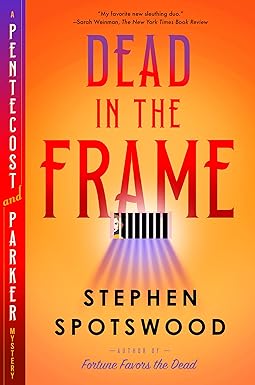
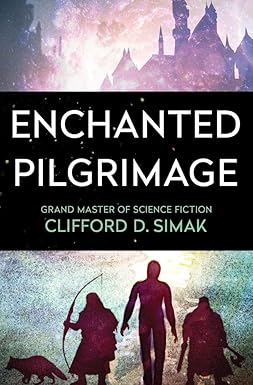
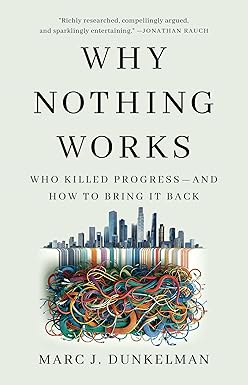
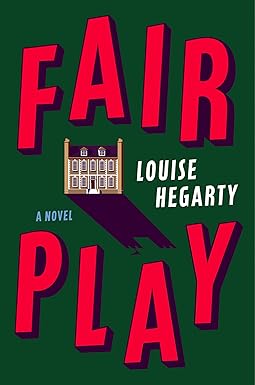
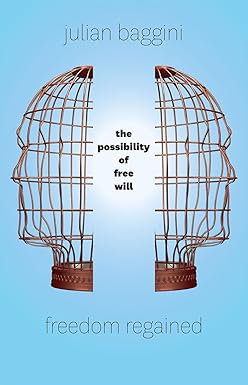

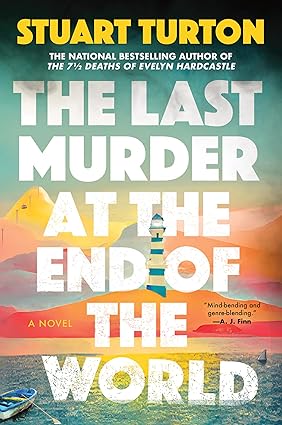

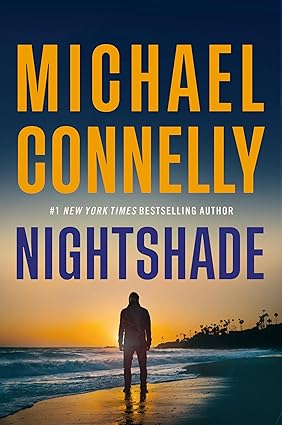
![[The Blogger and His Dog]](/ps/images/me_with_barney.jpg)



